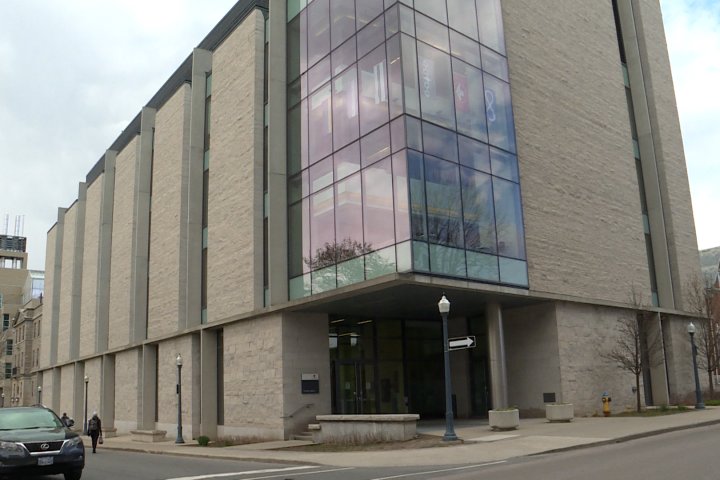Medical Gaslighting in Schools: A Dangerous Reality for Students
Medical gaslighting, a form of psychological manipulation where a person’s symptoms are dismissed or downplayed by medical professionals, is a dangerous reality for students in schools. This issue has been brought to light by a recent study conducted by the University of British Columbia (UBC), which found that students with chronic illnesses or disabilities are often victims of medical gaslighting in educational settings.
The study, published in the Journal of Adolescent Health, surveyed over 1,200 students aged 12 to 18 from across Canada. It revealed that 43% of students with chronic illnesses or disabilities reported experiencing medical gaslighting from their teachers or school staff. This includes being told that their symptoms are not real, being accused of faking their illness, or being denied accommodations for their condition.
One student, who wished to remain anonymous, shared their experience of being gaslighted by their school nurse. Despite having a diagnosed chronic illness, the nurse repeatedly told the student that their symptoms were all in their head and that they were just seeking attention. This led to the student feeling invalidated and unsupported, causing them to struggle academically and emotionally.
The consequences of medical gaslighting in schools can be severe. It can lead to students feeling ashamed of their condition, causing them to hide their symptoms and avoid seeking necessary medical help. This can also result in students missing out on important accommodations and support, hindering their academic success and overall well-being.
Dr. Emily Jenkins, lead author of the UBC study, emphasizes the need for schools to address this issue. She states, “Schools need to be safe and supportive environments for all students, including those with chronic illnesses or disabilities. Medical gaslighting not only harms students’ physical and mental health, but it also violates their rights to equal access to education.”
The study also found that students who experienced medical gaslighting were more likely to have lower self-esteem and higher levels of anxiety and depression. This highlights the urgent need for schools to educate their staff on chronic illnesses and disabilities, and to create a more inclusive and understanding environment for students.
In response to the study, the UBC researchers have developed a toolkit for schools to address medical gaslighting and support students with chronic illnesses or disabilities. The toolkit includes resources for teachers, school nurses, and administrators to better understand and respond to the needs of these students.
It is crucial for schools to recognize and address the issue of medical gaslighting in order to create a safe and supportive environment for all students. As Dr. Jenkins states, “We need to listen to and believe students when they tell us about their symptoms and experiences. It is our responsibility as educators to support and advocate for their well-being.”




